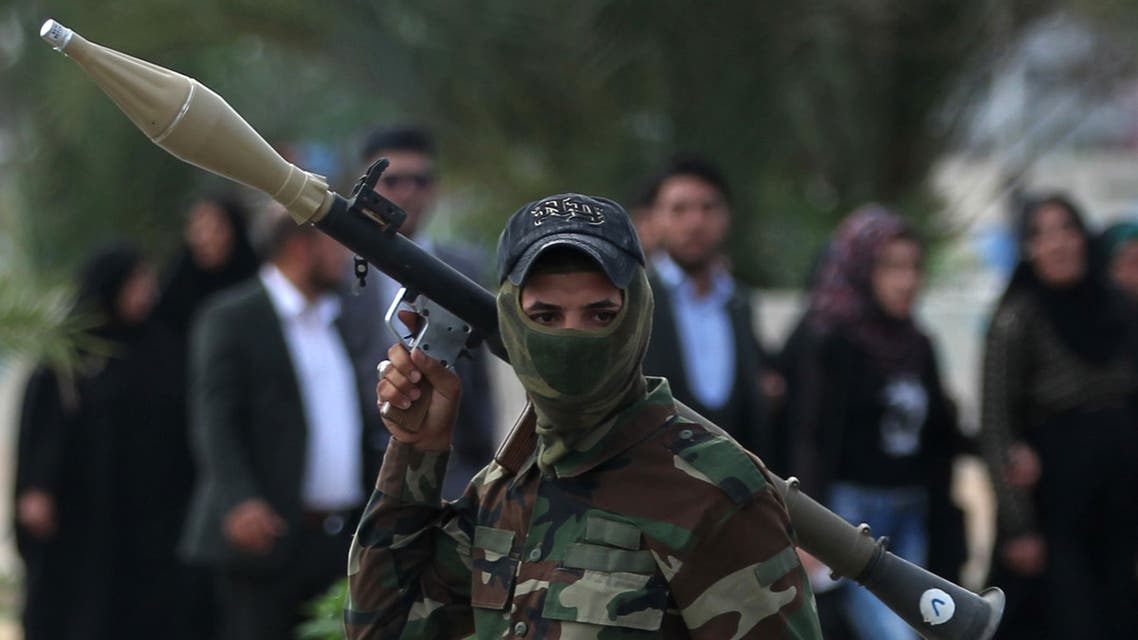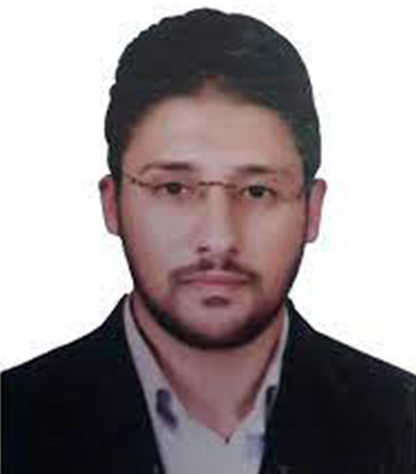While it was hoped that the electoral process could be the means of resolving political stalemates in several Arab countries, there has been a growing trend whereby political factions try to influence political outcomes by sabotagingelection results, thereby giving rise to more political polarization and instability. Elections, and the laws and regulations governing them, have become a source of serious political contention in Libya and Lebanon, for example. In Iraq, there are post-election problems, as the result is being contested by losing parties, who have taken to mobilizing in the streets against the results. Moreover, the influence of outside actors has been evident, to the degree that elections and their outcomes have become the new arena for proxy conflict and competition, involving local as well as regional actors.
The Paris conference on Libya focused on this issue of“election spoilers”, issuing a statement calling on all parties to respect the timetable set for the presidential and legislative elections, and threatening those who try to hinder the elections with UN sanctions. This was seen by many as directedtowards forces that are opposed to holding elections in the timing and manner agreed upon. In the same vein, tensions between political parties have risen lately in Lebanon regarding the passing of an electoral law ,on the 19th of October, by the Lebanese parliament, which includesamendments to hold the elections earlier , the 27th of March 2022 instead of May 2022, and allowing expatriates to vote in the elections of 128 members of parliament.
In Iraq, “spoilers” have sought to undermine the result of elections that took place on the 10th of October. Parties who lost out banded together to reject the election results, calling the elections a sham, and subsequently moved to mobilize in the street against the results. These forces formed a committee, the “Preparatory Committee on Protesting Election Results in Baghdad and the Provinces”. Reports have also indicated that some opposition parties were involved in post-election violence, the most recent of which is the attempted assassination of Mustafa Al-Kadhimi on the 7th of November.
The” spoilers” motives
The rising trend of “Election Spoilers” has been driven by several factors, some related to the dynamics between domestic political actors, and others related to the involvement of regional actors in the domestic affairs of certain countries. The drive to disrupt elections may be described as related to the following issues:
The possible consequences of conflict resolution: In some Arab countries, the electoral process is put forth as part of the process of reaching conflict resolution. Parties who perceive that a settlement reached through negotiations, a political process and elections will be detrimental to their interests and perceptions, will therefore resort to various tactics, including the disruption of elections, to undermine the political path to reaching a settlement. This is evident in the case of Libya, for example, where most political forces that oppose holding the elections on the 24th of December, as per the laws approved by the Libyan Legislative body, come from the western regionof Libya. They approach elections in the context of their conflict with the eastern region, and fear that figures from the Easy could gain political influence through elections, which in turn would reduce their own political power and influence. This was expressed in the statements by head of the Libyan State Council Khaled El Meshri, the strongest opponent of the upcoming elections, who declared on October 10th that the presidential election is not a solution under these circumstances, but that the solution now is to elect a new parliament, to replace the current Libyan legislative body and the state council.
A change in domestic balance of power after the elections.: Iraq is a case in point in this respect, as political parties that achieved weak results in the 10th of October elections adopted an inflammatory discourse which rejected the entire political process. These political forces, who included ‘Al Fath” coalition, issued a statement on the 11th of October,declaring that: “We have sent all of our observations and comments on the election process to the election oversight committee, who promised that all of our concerns would be addressed. however, the committee did not put in place the legal measures it had promised, and consequently, we are disputing the election results, and do not accept them, and will take all measures available to prevent the manipulation of electoral votes”.
The forces rejecting the election’s results soon resorted to mobilize their followers to take to the streets to pressure the authorities, and perhaps disrupt the entire political process. On the 5th of November, these forces further escalated tensions by pushing their protestors towards the green zone in Baghdad, which led to clashes with security forces. The “Preparatory Committee on Protesting Election Results in Baghdad and the Provinces” declared the government responsible for the clashes. The committee declared in its statement the following day that “fraudulent election resultsunder the oversight of Al-Kadhimi were met with popular rejection expressed in protests and sit-ins, including protestsyesterday in nine provinces”. The statement added: “Those responsible for the fraud, and their backers, refused to listen tothe truth, and have gone so far against peaceful protest as to give the order to open fire on unarmed protestors in Baghdad”.
Links to interests of regional players: The disruption of elections appears to be a continuation by different means of various complex conflicts in the Arab World, in which domestic and regional actors have become closely intertwined. In many conflicts, direct participants have reached out for support to regional powers, who in turn have their own interests to pursue. These external links throw up new hurdles in the path to conflict resolution, as regional powers may incite their domestic allies to oppose settlements that are not in line with their own interest, even through the use of violence.
The influence of external actors with respect to undermining elections has been especially clear in Iraq and Libya. In Iraq, there have been reports indicating Iran’s involvement in the protests, as many political forces allied with Iran were adversely affected by the election’s results, and therefore overthrowing them would be a means of protecting Iran’s influence. In Libya, linking elections to the removal of foreign forces and militias may have provoked some regional actors, especially Turkey, to attempt to obstruct the elections, fearing they may result in a loss of influence by domestic allies.
A tense political climate: In Lebanon, for example, the disruption of elections is linked to the dilemma of maintaining a balance of power between the different factions, which has created an atmosphere of perpetual political tension. These erupted following the passing of a new electoral law, bringing forth parliamentary elections from May to March 2022. The main opposition to this law came from “A Strong Lebanon”coalition, headed by Gobran Baseel, which specifically objected to bringing elections forward.
The President of Lebanon Michel Aoun refused to ratify the new law, and the Presidential Bureau issued a statement declaring that this refusal was based on “constitutional and legislative grounds”, and “prior decrees from the constitutional council”. In addition, the statement argued,changing the date of the election could prevent some voters from participating, in view of the difficult weather conditions in March, especially in the mountainous regions, and theadditional costs, and the inability to provide voting centers with electricity. The Statement also went on to claim thatreducing the time needed for campaigning would not giveexpatriates enough time to vote, and would deny 10,685 new voters, who come of age between February and March of 2022, their right to vote.
The participation of expatriates in the election is a key issue of contention in Lebanon. Some parties believe it is necessity to involve expatriates, as they can have a significant impact on the domestic balance of power, while others prefer to exclude them, arguing that their choices are not in tune with domestic realities and could adversely affect the position of important political forces.
In conclusion, it is possible that some Arab countries will continue to witness this propensity to disrupt elections, in view of the realities established during years of intense conflict, in which domestic and external factors have become linked, and many actors have gained increasing influence through the use of brute force. These actors may not be willing to acquiesce to elections which could lead to the loss of their political influence.


